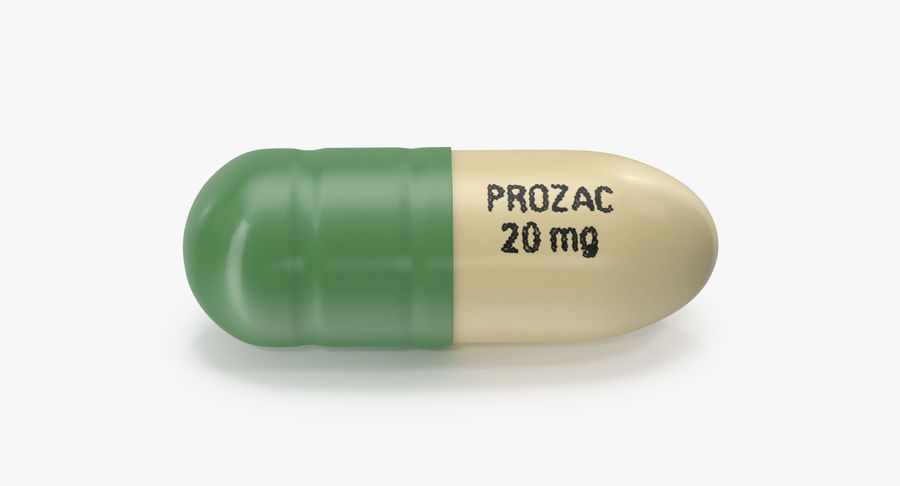Being sad is a normal reaction to difficult times in life. But usually, the sadness goes away with a little time. Depression is different—it is a mood disorder that may cause severe symptoms that can affect how you feel, think, and handle daily activities such as sleeping, eating, or working. Depression is more common among women than men, likely due to certain biological, hormonal, and social factors that are unique to women.
Depression can impact every area of a woman’s life—including your physical health, social life, relationships, career, and sense of self-worth—and is complicated by factors such as reproductive hormones, social pressures, and the unique female response to stress.
Women also tend to experience depression differently than their male counterparts.
Some of the most common symptoms of female depression include:
- not enjoying the same hobbies or interests that you once did, or not getting the same amount of pleasure from these activities
- not being able to focus for very long
- losing your appetite regularly
- losing an abnormal amount of weight at one time
- feeling weak or exhausted with no clear cause
- feeling overwhelmingly guilty
- feeling like you’re not worth anything or are inadequate
- feeling anxious or irritable
- losing feelings of hope for the future
- crying without any specific cause
- not being able to sleep well at night
- having dramatic mood swings
- having thoughts about death
What is fluoxetine?
Fluoxetine is a prescription medicine used to treat major depressive disorder, bulimia nervosa (an eating disorder), obsessive-compulsive disorder, panic disorder, and premenstrual dysphoric disorder (PMDD).
Fluoxetine is sometimes used together with another medication called olanzapine (Zyprexa) to treat manic depression caused by bipolar disorder. This combination is also used to treat depression after at least 2 other medications have been tried without successful treatment of symptoms.
How it works
Fluoxetine belongs to a class of medications known as selective serotonin reuptake inhibitor (SSRI) antidepressants. It works by inhibiting the uptake of serotonin by nerve cells (neurons) and helps people with depression, panic, anxiety, or obsessive-compulsive symptoms.
How should women take Fluoxetine?
Fluoxetine comes as a capsule, a tablet, a delayed-release (releases the medication in the intestine) capsule, and a solution (liquid) to take by mouth. Fluoxetine may be taken with or without food. Fluoxetine capsules, tablets, and liquid are usually taken once a day in the morning or twice a day in the morning and at noon. Fluoxetine delayed-released capsules are usually taken once a week. Take fluoxetine at around the same time(s) every day.
The dose of fluoxetine depends on your age and the indication you’re taking the medication for. The recommended dose range is 10 mg to 60 mg by mouth once daily
Follow the directions on your prescription label carefully, and ask your doctor or pharmacist to explain any part you do not understand. Take fluoxetine exactly as directed. Do not take more or less of it or take it more often than prescribed by your doctor.
Swallow the delayed-release capsules whole; do not cut, crush, or chew them.
Your doctor may start you on a low dose of fluoxetine and gradually increase your dose.
It may take 4 to 5 weeks or longer before you feel the full benefit of fluoxetine. Continue to take fluoxetine even if you feel well. Do not stop taking fluoxetine without talking to your doctor. If you suddenly stop taking fluoxetine, you may experience withdrawal symptoms such as mood changes, irritability, agitation, dizziness, numbness or tingling in the hands or feet, anxiety, sweating, confusion, headache, tiredness, and difficulty falling asleep or staying asleep. Your doctor will probably decrease your dose gradually.
Fluoxetine Side Effects In Females
Side effects happen when fluoxetine treatment causes a problem because it does more than treat the target issues. The impact can range from minor to severe and life-threatening.
Although a number of studies have reported that females respond better to serotonergic antidepressants like fluoxetine than males. Unfortunately, they also report more side effects than males
Common fluoxetine side effects in females include:
- Loss of sensation of vagina and nipples
- Agitation
- Constipation;
- Decreased sex drive
- Delayed orgasm
- Diarrhea
- Dizziness
- Drowsiness
- Dry mouth
- Heavy menstrual bleeding
- Inability to reach orgasm
- Increased urination
- Increased sweating
- Insomnia
- Loss of appetite
- Nausea
- Thirst
- Uncontrolled muscle movement
- Vaginal lubrication issues
- Weakness
Women should also inform their doctors immediately if they notice a new or sudden change in mood or behavior, including new or worsening depression or anxiety, panic attacks, trouble sleeping, or if they feel impulsive, irritable, agitated, hostile, aggressive, restless, more active or talkative, or have thoughts about suicide or hurting yourself.
This is not a complete list of side effects and others may occur. Call your doctor for medical advice about side effects. You may report side effects to FDA at 1-800-FDA-1088.
How to cope with fluoxetine side effects as a woman
Not every woman has side effects but the side effects of fluoxetine can cause problems, particularly for women taking the medication for the first time. Research shows that more than half of all people who take antidepressants experience bothersome side effects.
The fear of side effects should never prevent you from getting treatment for depression. The following tips can help a woman cope with the various side effects of fluoxetine:
Patience: when starting a fluoxetine treatment some transient side effects such as nausea, diarrhea, insomnia, and sedation may appear in the first week or two simply stick with your treatment plan for a while longer and try some practical strategies for coping until the side effects abate.
Sexual Adjustments: For women who experience reduced sex drive, difficulty reaching orgasm, and other sexual problems while on fluoxetine treatment, adjusting their sexual routine may be helpful. For example, you may need a longer period of foreplay before having sexual intercourse. You can also use can use lubricants to eliminate vaginal dryness or use other tools to make sex more comfortable. Avoid over-the-counter herbal supplements that promise increased sexual desire and function because they are not regulated by the Food and Drug Administration (FDA). Some could interact with fluoxetine and cause more dangerous side effects.
Embrace Sleep Promoters: Discuss with your doctor about taking a sedative or sleeping pill that might help you sleep better, you should also reduce your caffeine intake and get more exercise during the day.
Regardless of the side effects that might be troubling you, most people taking fluoxetine also benefit from therapy to help them cope with the challenges in their lives and recover from depression.
The most important thing to remember is that you should never stop taking your medication without your doctor’s supervision. Stopping suddenly can cause other negative side effects — get your doctor’s advice about cutting down or switching to another medication or drug.





